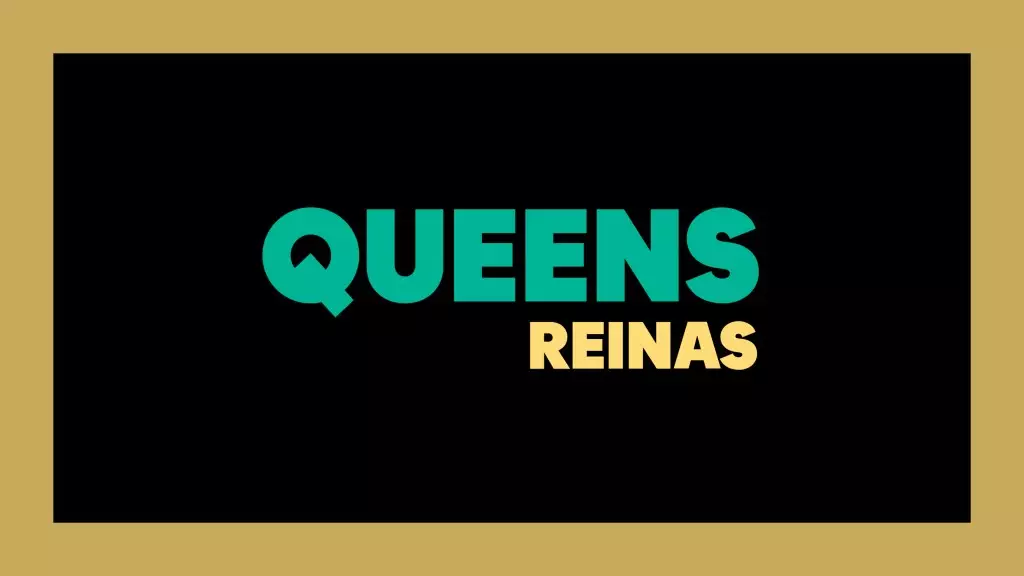Despite being Switzerland’s entry for the International Feature Oscar, “Queens” (Reinas) is profoundly tied to Peru, both geographically and linguistically. The film resonates with a complex tapestry of emotions and cultural reflections, making it far more than just a cinematic offering — it is a personal pilgrimage for its director and co-writer, Klaudia Reynicke. She crafted this film not simply as a narrative but as an instrument for personal reconciliation; her experience as a Peruvian ex-pat informed the film’s very essence. This unique position brings a fresh perspective to storytelling, as cinema becomes a pathway back to one’s roots.
Reynicke recalls the calling she felt to return to her homeland, stating that the project was about reconnecting with her cultural identity, even if she didn’t initially recognize that need. Her reflections serve as a poignant reminder of how art can serve as a mirror to our inner landscapes, allowing us to explore and reclaim parts of ourselves that might feel lost in the milieu of diaspora.
A Complex Portrait of Family Dynamics
The film cleverly intertwines humor with a tender exploration of familial ties, set against the backdrop of a politically tumultuous 1992 Peru. The narrative arcs around Elena, a single mother whose act of seeking to leave the country with her two daughters—Lucía and Aurora—exposes the fractures within their family unit, particularly regarding their estranged father, Carlos. His character, portrayed by Gonzalo Molina, embodies the struggle of seeking redemption while grappling with past failures. Carlos’ attempt to nurture a bond with his children through the affectionate moniker of “queens” delves into layers of vulnerability and inadequacy.
This complicated relationship dynamics serve as a core theme that Reynicke portrays with sensitivity. The journey of reconnection, although fraught with tension, is ultimately presented as a tableau of growth, showcasing how familial love can endure and evolve despite upheaval and resentment. The movie serves not only to delve into the intricacies of these relationships but also explores broader themes of identity and belonging.
Childhood Trauma and Emotional Resilience
Through Luana Vega’s portrayal of Aurora, the film highlights the psychological effects of parental absence on children. Aurora’s complex emotions towards her father encapsulate the struggles of many children dealing with parental estrangement. She embodies a character torn between resentment and a longing for paternal affection, perfectly countered by her sister Lucía, who harbors a bit more blind optimism. This contrast offers an honest portrayal of sibling dynamics, emphasizing the different ways children cope with the inadequacies of their parents.
Reynicke’s insights into the performances highlight how each character’s emotional landscape is carefully crafted, allowing the audience to feel the nuances of their journeys. The vulnerability of these young actresses as they explore these weighty themes brings a refreshing depth that resonates well beyond the confines of the screen.
As the plot unfolds, the emotional weight culminates into a poignant closure that ultimately transcends the pain of separation. Reynicke emphasizes that while the film could be seen as a story marked by loss, it is also about love and a newfound understanding within the family unit. Even as they part ways, the characters emerge enriched by their experiences and the bonds formed amidst their trials.
In sum, “Queens” is a thought-provoking film that invites viewers to reflect on their roots, relationships, and the transformative power of reconciliation. It reminds us that while family dynamics may be complex and fraught with emotional turmoil, the possibility of healing and connection is always present. As Reynicke’s journey of reconnection unfolds through her film, it serves as a reminder of the roles that culture, memory, and familial bonds play in shaping our identities, now and in the future.


Leave a Reply